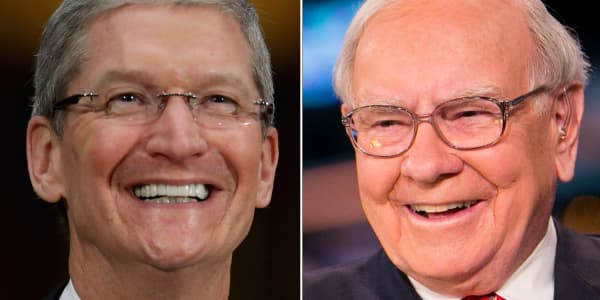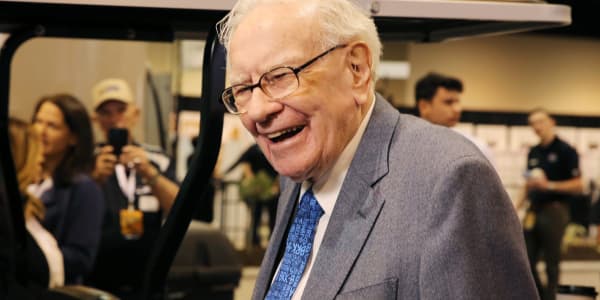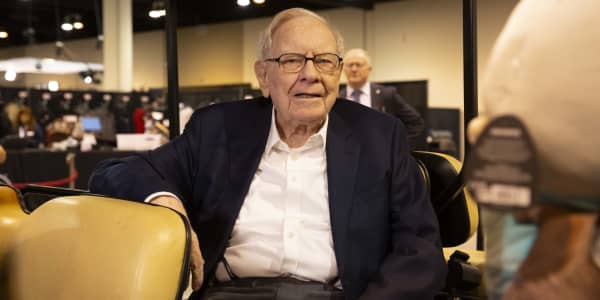Warren Buffett's Berkshire Hathaway is paying almost $1 million to the U.S. government for allegedly violating the filing requirements of an antitrust law for a second time.
The Federal Trade Commission said the $896,000 civil penalty settles allegations in a Justice Department lawsuit that Berkshire violated the notice and waiting requirements of the Hart-Scott-Rodino antitrust law by not disclosing its plan to increase its stake in USG before the transaction closed late last year.
It's the highest penalty that could be imposed in the case. Under the law, the penalty is capped at $16,000 for each day of the violation. The goverment said Berkshire's violation covered the 56 days between its acquisition of the USG stock and the end of the legally-mandated waiting period.
In a news release, the FTC said that while it doesn't seek penalties for "every inadvertent error," it will enforce its rules when the same company "makes additional mistakes after promises of improved oversight."
According to the release, Berkshire made a similar filing error in June 2013, connected with its acquisition of Symetra Financial shares. At that time, the FTC didn't take any action because Buffett's company promised to improve its "monitoring procedures going forward" so that it wouldn't make mistakes in the future.
Read More Berkshire Hathaway's 15 biggest stock holdings
While the penalty is small change to Berkshire, it may be embarrassing to Buffett, a CEO who puts a high premium on integrity at his company.
In a news release, Buffett said Berkshire made a "mistake when we overlooked the filing requirement."
Companies are required to tell the government about deals in advance if their holdings in another company are going above a certain reporting threshold. That's designed to give regulators time to determine if competition would be "substantially lessened."
Berkshire converted some USG debt into common stock on Dec. 9 but didn't do the necessary disclosure until early January.
In an SEC filing, Berkshire said it chose to convert the debt into stock because its value was greater than the cash it would have received as USG redeemed the $244 million worth of notes Berkshire had bought in January 2009.
Berkshire also said in the filing that the shares were acquired for "investment purposes."
The company reported holding just over 39 million shares of USG, roughly 27 percent of the shares outstanding, as of June 30.
That stake is currently worth $1.13 billion.
—By CNBC's Alex Crippen.





